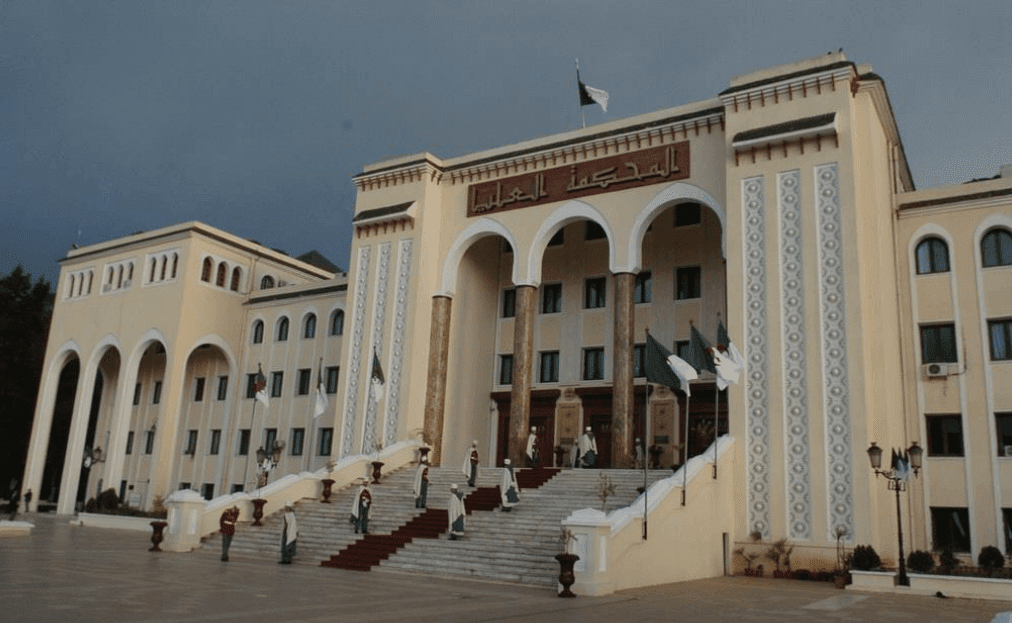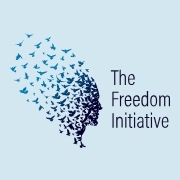For a full text copy of the brief, click here.
The Arab Spring has swept over North Africa leaving a new political landscape in every country in the region, save Algeria. To be sure, the country remains afflicted by its experience with a democratic intifada in the early 1990s. Not only was democracy derailed by a military coup, but a savage civil war also ensued, costing the lives of approximately 200,000 people—a legacy that still hangs ominously over the body politic. That legacy, combined with oil-generated wealth and a challenging geography, has inhibited a populist revolution of the kind witnessed in Tunisia, Egypt, and Libya. This relative quiescence, however, belies the broad-based discontent that has long simmered in Algeria. In fact, the Arab Spring contagion did spill over into the country, but it was quickly contained through a combination of carrot-and-stick policies.
POLICY RECOMMENDATIONS
The transformational nature of the Arab Spring has created an uncertain but decisively different political environment within which the United States needs to operate. And yet when it comes to Algeria, the U.S. has continued to prioritize stability at the expense of political and economic development, which is not in its long-term interest. Instead, Washington should:
- If an opportunity arises, publicly acknowledge the allegations of fraud in the recent parliamentary elections and insist that, as similar events in neighboring countries have proven, manipulating elections in order to preserve an authoritarian political order can have disastrous consequences.
- Establish a bilateral economic assistance package to Algeria, which include democracy and governance assistance. Algeria receives a very small amount of U.S. bilateral assistance (the President’s budget request for FY 2013 is $2.95 million), but this funding is allocated entirely for security programs.
- Encourage the Algerian regime to take seriously the need to resolve the Western Sahara conflict with its Moroccan neighbor; failure to do so will both sustain terrorist activity in the region and forestall the transition to a genuine democracy in both countries.
- Encourage the Algerian government to explore opportunities for strengthening ties and expanding trade with neighboring countries in North Africa. Renewed ties could potentially lead to a reinvigoration of the dormant Arab Maghreb Union (AMU), which was initially established to create a common economic market and increased political cooperation between the countries of North Africa.






